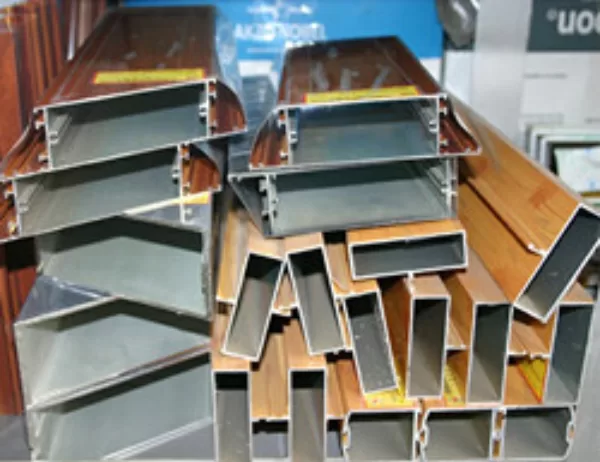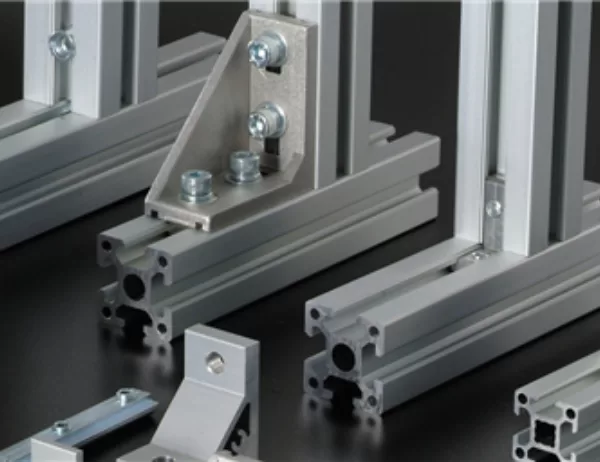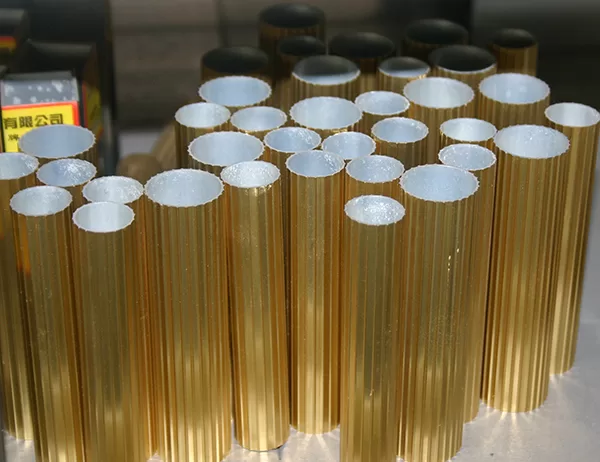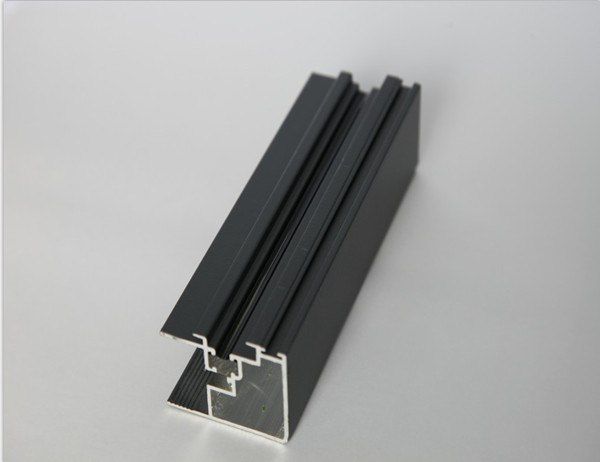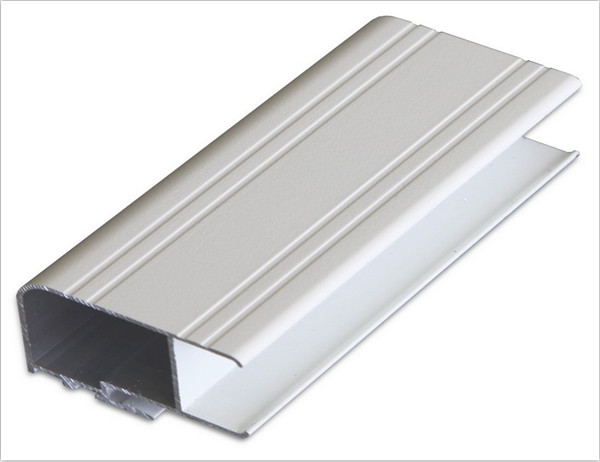Choosing the Right Alloy for Extruded Aluminum Tubes: A Comprehensive Guide
Extruded aluminum tubes offer a unique combination of strength, lightweight, and corrosion resistance, making them ideal for various applications in industries such as construction, automotive, and aerospace. Choosing the right alloy for extruded aluminum tubes is crucial to ensure optimal performance and meet specific requirements. This article provides a comprehensive guide to selecting the appropriate alloy for your extrusion needs.
When selecting an alloy for extruded aluminum tubes, several factors need to be considered:
– Strength: The strength of the alloy is determined by its composition and temper. Higher strength alloys are typically used for structural applications, while lower strength alloys are suitable for less demanding applications.
– Corrosion resistance: Aluminum alloys exhibit excellent corrosion resistance due to the formation of a protective oxide layer. However, some alloys offer better corrosion resistance than others, making them suitable for marine or harsh environments.
– Weldability: The weldability of an alloy is essential if welding is required during the fabrication process. Some alloys are more difficult to weld than others, and choosing the right alloy is crucial to ensure proper weld strength and integrity.
– Formability: Formability refers to the alloy’s ability to be shaped or bent without cracking. Alloys with good formability are ideal for complex extrusions, such as those used in heat exchangers or automotive components.
– Machinability: Machinability is important if the tubes require machining operations after extrusion. Alloys with better machinability are easier to cut, drill, and thread, reducing production time and costs.
The most commonly used alloys for extruded aluminum tubes include:
– 6061: This alloy offers a good combination of strength, corrosion resistance, and weldability. It is widely used in construction, automotive, and marine applications.
– 6063: Similar to 6061, 6063 alloy has good strength and corrosion resistance. However, it is more resistant to stress corrosion cracking, making it suitable for applications in harsh environments.
– 7075: This alloy offers the highest strength among common extruded aluminum alloys. It is used in high-performance applications, such as aerospace and automotive racing.
– 3003: This alloy is known for its excellent formability and corrosion resistance. It is commonly used in food processing, chemical processing, and architectural applications.
– 5052: This alloy has good weldability and corrosion resistance. It is often used in marine applications, food handling equipment, and architectural components.
Once an alloy is selected, it is important to ensure that the extruded tubes meet the required specifications. Mechanical testing, such as tensile testing and hardness testing, is commonly used to verify the tube’s strength and hardness. Corrosion testing may be necessary for applications in corrosive environments. Additionally, certification from a reputable testing laboratory can provide assurance that the tubes meet industry standards.
By carefully considering the factors discussed above and selecting an appropriate alloy, manufacturers can ensure that their extruded aluminum tubes meet the specific requirements of their application. This guide provides a comprehensive overview of the alloy selection process, enabling engineers and designers to make informed decisions.
